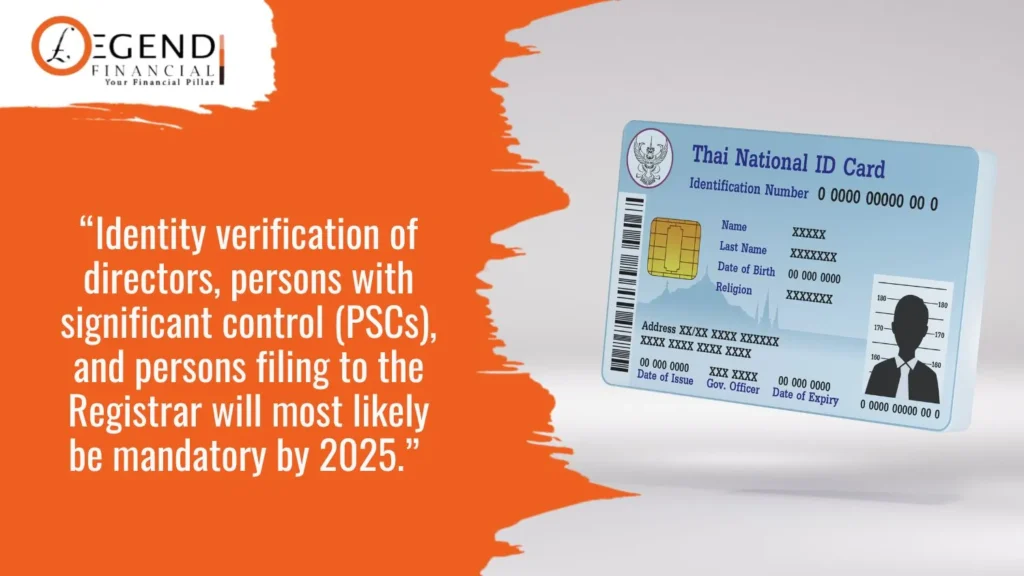The identity verification requirement placed on new and existing directors and people with significant control (PSCs) was introduced under the Economic Crime and Corporate Transparency Act 2023 in October. There is no exact implementation date yet, as secondary legislation is still needed to define the verification process.
Directors, PSCs, and those filing documents with the Registrar must verify their identity. Currently, they can complete the process through the Registrar of Companies or an ACSP, with each verified individual receiving a unique identifier. Individuals cannot act as company directors without prior verification. Agents must be specifically ACSP-registered and UK-supervised for anti-money laundering (AML) purposes.

The new regulations aim to improve the reliability of Companies House information, making it harder to use fictitious or fraudulent identities in company setups or operations. These changes required significant investment in human resources and digital systems at Companies House.
Direct verification with Companies House generally involves comparing a photograph or scan of a primary identity document with the individual’s likeness, with alternatives available for those without photographic ID. ACSP verification, on the other hand, hinges on existing AML checks and requires ACSPs to confirm all necessary identity verification checks to the Registrar.
Failure to comply with identity verification requirements during the transition period could lead to criminal sanctions, civil penalties, rejection of new company registrations, and public annotation of ‘unverified’ status. The reforms are expected to come into force by early 2025, with further guidance to be issued after the election when the Parliament resumes.
For major company law and UK tax changes, stay tuned here at Legend Financial. If you need help with your individual or business tax affairs, we encourage you to talk to our tax accountants today!












